It was the best of times, it was the worst of times.

Search the secret SEO optimization keyword and you may find it in white text.
The websites that found their way to the first page of Google were rarely worthy of their top spots. Instead, they provided solutions that were written to appeal to ranking algorithms instead of helping real humans. Search engines favoured quantity over quality, and early websurfers probably remember how difficult it was to discover a really good website. This was the early internet, when the use of bookmarks weren’t just about convenience. They were the only way you could be sure to find your way back to that epic goldmine of cat GIFs your friend sent you on ICQ.

Competition Changes Everything
To rank well in a search engine system, websites must focus on two separate, yet equally important parts: the technical side that makes you easy to find and content that makes you worth finding by your audience. These are their stories.
Be Easy to Find:
Help Search Engines Help You

Is The Most Amazing Website On The Internet exactly what I was looking for? It is. You might not believe me, but it absolutely is.
Get Found
Let’s break down how you too, can be the most amazing website on the internet for your audience. Here are three practices that you can follow to make your site easier for both people and search engines to understand and navigate.
-
The Topical — Keep your website up to date and refresh your content to increase its relevance to people whenever possible. Your site should be well organized, with pages that are separated by topic and intuitive to navigate.
-
The Technical — Create short, meaningful and unique page URLs, titles and headings that convey the subject of the page concisely. You should also create unique description meta tags that can be used when a search engine is unable to find more relevant content to display as a search result. Make your page fast to load and mobile-friendly.
-
The Accessible — Keep accessibility top of mind! Remember that text should be used to convey important messages rather than relying on images alone. Avoid embedding text in image files. Doing so hides this information from those using screen-readers and search engines. Ensure that any alt text, captions, titles, file names and URLs are relevant and logically structured. This will help ensure your site can be used by as many of the people you are hoping to reach as possible.
Get What You Pay For
Promoting your site through paid services like Google Ads will help generate traffic and referrals to your website. When launching a new site, product or service, a small, well targeted advertising budget can go a long way in helping people find you.
Be Worth Finding:
Create Content that Counts
Let’s Get Topical. Topical.
Make sure your content is well written and easy to follow.
Get to the Point
Creating new content on a weekly or monthly basis works to keep your existing visitor base coming back, gives you content you can promote as you build up a promotional email list and also brings in new visitors.
Answer the Questions People are Asking
While you may be tempted to only create content that talks about the solutions you have to offer, keep in mind that new visitors are probably searching for topics related to the problem your product solves, not the words you use to describe your solution. While keywords aren’t as powerful as they once were, the language you use is still important in conveying the right message to your visitors. People who know a lot about the topic might use different keywords in their search queries than someone who is new to the topic.
If you offer a solution that’s right for me, I look forward to seeing you in my next Google search.







